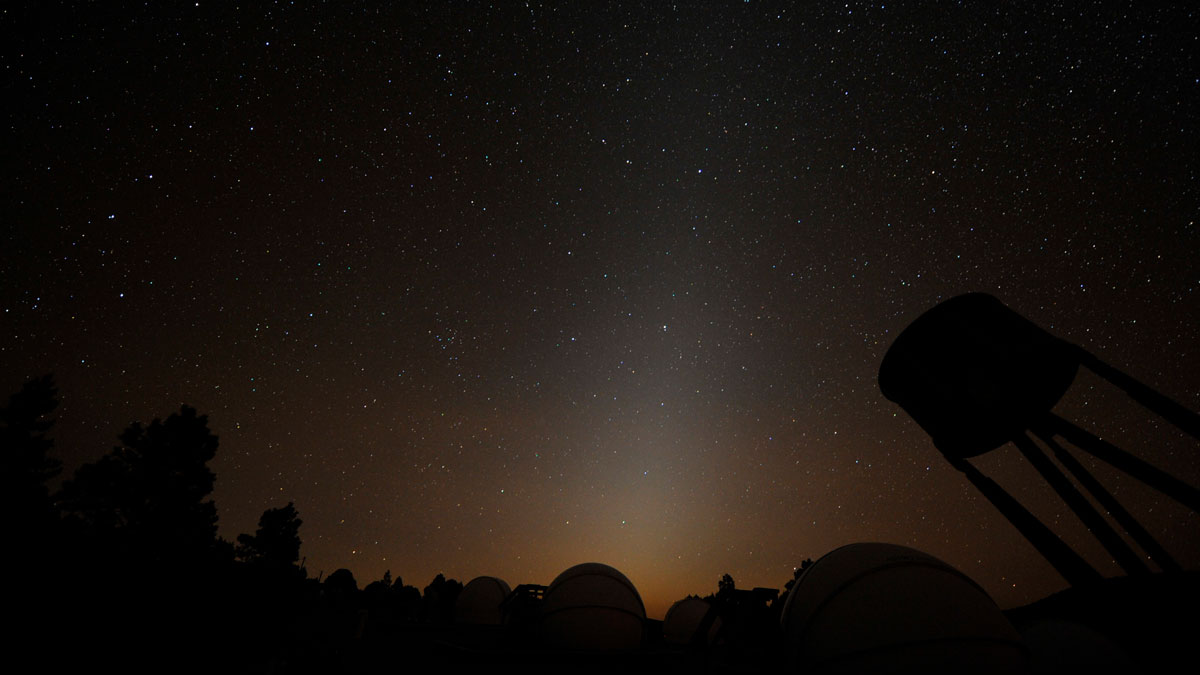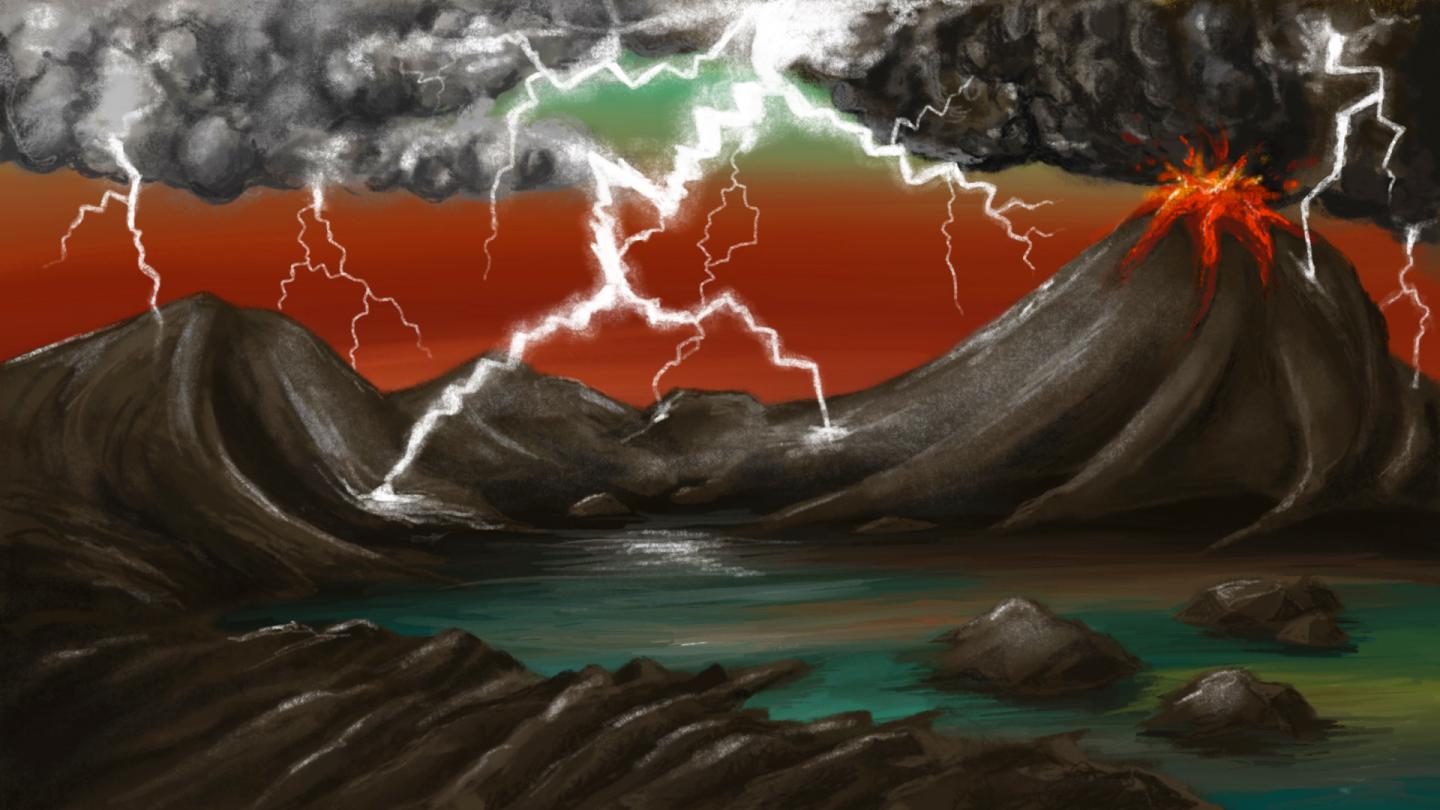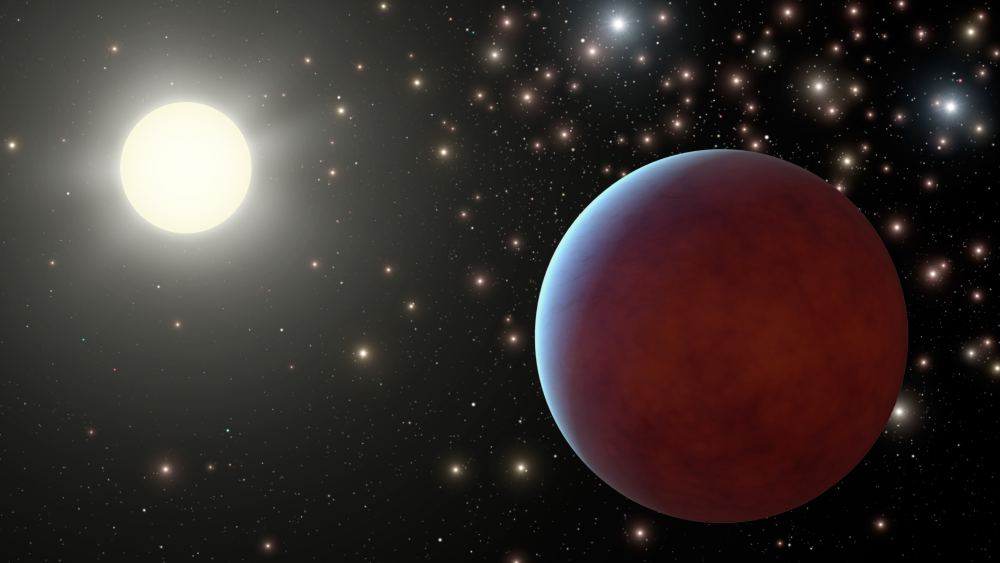Without phosphorus, there’s no life. It’s a necessary part of DNA, RNA, and other biological molecules like ATP, which helps cells transport energy. But any phosphorus that was present when Earth formed would’ve been sequestered in the center of the molten planet.
So where did phosphorus come from?
It might have come from cosmic dust.
Continue reading “Did Cosmic Dust Deliver the Phosphorus Needed for Life?”


